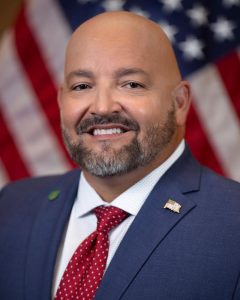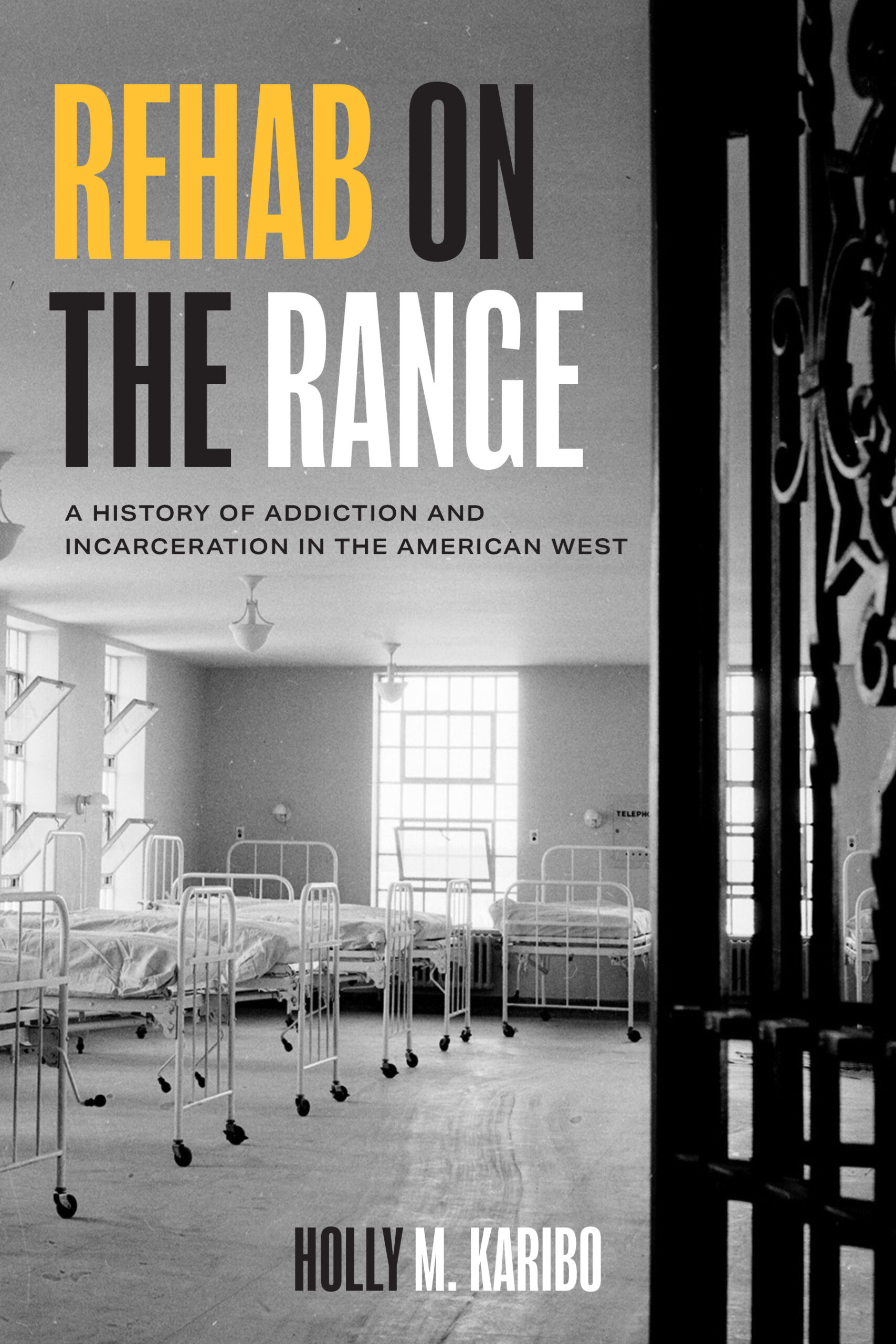 The Edinburg City Council is seen during a meeting on Tuesday, Dec. 3, 2024. (Courtesy photo)
The Edinburg City Council is seen during a meeting on Tuesday, Dec. 3, 2024. (Courtesy photo)EDINBURG — After months of trying — including both a failed charter amendment proposal and a once-failed ordinance — the Edinburg City Council has approved an ordinance allowing for the appointment of associate municipal judges.
The decision gives the council the ability to appoint judges who can serve in the absence of the elected municipal judge — or alongside him during the court’s busiest days.
But the decision — which came via a 3-to-2 vote during Tuesday night’s council meeting — didn’t come without some bickering and closed-door tensions that had spilled out into the public’s view.
Currently, the Edinburg Municipal Court is served by Hector Bustos, an Edinburg attorney who was first appointed in late 2021 after then Judge Toribio “Terry” Palacios announced his campaign for Hidalgo County District Attorney.
In November 2023, Edinburg voters reaffirmed Bustos’ position as their municipal judge by a 2-to-1 margin over challenger Armando Guerra.
But since then, there have been rumblings that Bustos’ attendance at the municipal court has been less than reliable.
Over the summer, those rumblings became public when Place 4 Councilman David White aired out his concerns.
“Right now, you’re paying a guy $90,000 a year and we’ve appointed a bunch of visiting judges to come do the work,” an audibly frustrated White said during a July meeting.
Earlier this summer, The Monitor filed a public information request seeking timecards or other records of Bustos’ municipal court attendance, but the city denied the request.
White, who once served as the city’s police chief, added that Bustos’ frequent absences were negatively impacting not only the municipal court’s ability to conduct its business, but also the Edinburg Police Department.
At the time, the council was considering placing a number of charter amendment propositions on the November ballot.
Among them was “Proposition K,” which would have asked Edinburg voters whether they wanted the city council to have the authority to appoint judges who could serve in Bustos’ stead.
At the end of the discussion, all but White voted to kill Prop K before it could make it to the ballot.
In September, the city took another bite at the apple — this time, by proposing an ordinance that would give them the power to appoint associate judges.
But again, the measure failed.
The only option left to the city was for Bustos to appoint “temporary judges,” as then outlined by the city charter.
But, as Edinburg City Attorney Josephine “Josie” Ramirez explained during Tuesday night’s council meeting, state law dictates that temporary judges can only serve in the absence of an elected or appointed municipal judge.
 Edinburg City Attorney Josephine “Josie” Ramirez
Edinburg City Attorney Josephine “Josie” RamirezFurther, temporary judges do not have the full powers that an elected, appointed, or associate judge can wield.
“They would have the authority to act on the judge’s behalf, but ultimately, final decision making rests with the elected judge,” Ramirez said.
An associate judge, on the other hand, would hold all the same powers as an elected judge.
But the point wound up being moot since the city attorney further explained that Edinburg currently has no temporary judges.
Instead, when the city needs a judge, Edinburg has been relying upon the unpaid services of nearby justices of the peace or municipal judges from other towns.
Altogether, the court’s shortcomings were a clear source of frustration for White.
“The reason we’d like the change — and I’ve been an advocate of that, the associate judge — so that when the judge is absent we can have somebody there that could take care of the whole court, not just a portion of the court,” White said.
But for others on the council, the idea of wresting away some of Bustos’ autonomy rubbed them the wrong way.
Both Mayor Ramiro Garza Jr. and Place 1 Councilman Dan Diaz said they felt uncomfortable with the idea of the city council making appointments without Bustos’ input.
“I never want to tell the head of any department on who to pick. I know this ordinance gives council the authority without getting the judge’s input on that,” Diaz said.
Later in the conversation, however, Diaz appeared to agree with White that not all of the municipal court’s needs are currently being met.
 Dan Diaz
Dan Diaz“I agree, I just think that the differences in the process …” Diaz said before White cut him off.
“You know what? Right now, I don’t want to hear you agree with me,” White said as Diaz spoke.
“Nah. No. We agreed that there would be a judge in October, then it became November, and we’re in December! And we do not have a judge here to appoint,” White added.
Diaz hesitated to respond, saying that the council’s previous discussions on the matter had occurred behind closed doors during executive session.
But Diaz did add that “there’s someone being considered” for an appointment as an associate judge.
Ultimately, White, along with Councilmen David Salazar and Jason De Leon, voted for allowing the council to appoint associate municipal judges, while Diaz and the mayor voted against the ordinance.
The council is expected to entertain potential appointments at its next meeting.
And though he was a prominent part of the discussion, Bustos did not attend Tuesday’s meeting.
Afterward, Police Chief Jaime Ayala declined to comment on the assertions that Bustos’ unavailability may be impacting his department. Ayala would only say that no such complaints have been brought to his attention.
Both White and the mayor also declined to comment after Tuesday’s meeting.
The post Edinburg approves associate judge ordinance appeared first on MyRGV.com.
 (2).png)
 3 months ago
85
3 months ago
85








 English (US)
English (US)